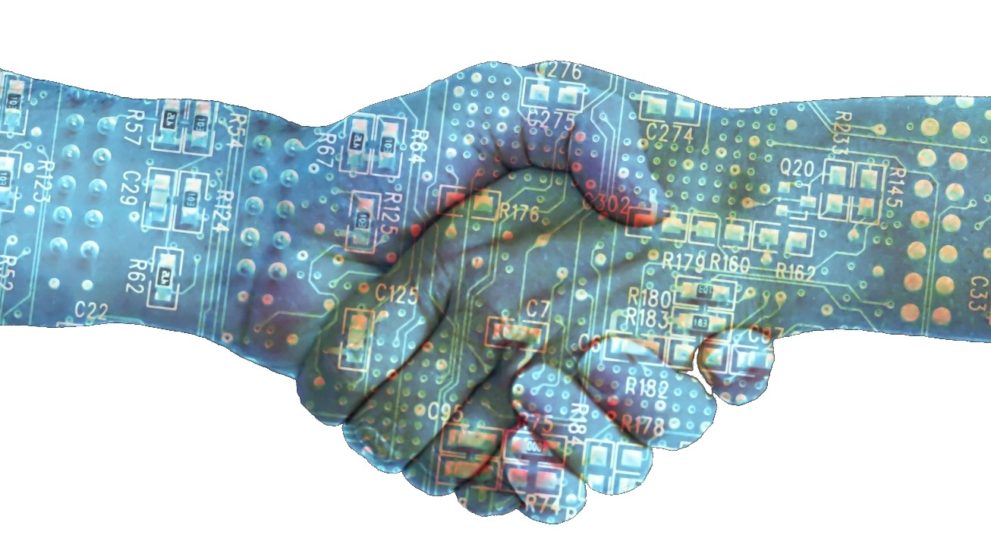Is blockchain ready for mass production?

Lately, I have been reading up on the blockchain technology.
Why? Well, because I was wondering what all the fuss is about. Why it would be the next big thing and why would it change all our lives in the very near future. I am intrigued by blockchain. I am crazy about technology and I can also imagine practical use cases. However, there are things I do understand and things I do not understand about blockchain. I need some help on the latter.
TLDR; in my opinion most of the hard technical IT issues are clear and are already implemented or can be solved. The softer issues, mostly government, are underestimated and need a lot more attention to create practical blockchain uses.
Clear and unclear
What I do understand is the following:
- A blockchain works like a ledger.
- The basic principle of a ledger is the fact that nothing can be changed. You just keep adding data. The data itself is never changed. The information resulting from this data does change. Example: Suppose the information you are looking for is “who owns this laptop?”. This information is derived from the (transaction) data in the ledger which consists of ownership transfers of laptops.
- The ledger is distributed. This is a purely technological matter. The ledger is stored in a distributed database. Or, to be more precise, a replicated database. After replication the database is the same on all nodes.
What I do not understand is how the problems are solved which we encounter in our current ‘non blockchain’ systems. These mainly involve eliminating the trust authorities like banks and governments, but also other things:
- Which ledger to use for what? Let’s say we (who is we?) create a ledger, which contains ownership transfers of laptops. We have to start somewhere, so we enter all laptops and their owners in a ledger. Will this be the only ledger in existence containing ownership of laptops? Probably not. If there are several ledgers who or what is preventing my laptop being present in more than 1 of those ledgers? Because a laptop is a digital asset I can see it is possible to create a unique signature/hash for this asset, which can only be created by me. But if someone else uses my laptop as well, they can do the same. In a worst-case scenario they can do this before I did. Or do we arrange this in the store where we buy the laptop? How about working with non-digital assets?
- Enforcement. If my neighbor steals my laptop I have proof it is my laptop. I will just point to the ledger where I registered my ownership. Law enforcers should recognize this ledger as ‘the truth’, otherwise they will not take any action to retrieve my laptop. This applies to many ledgers. How long will it take the authorities to choose the defining ledgers in which to store ownership of assets? Most likely this will occur first in the realty and banking industry. And how, if ever, will this work cross border, as in worldwide?
- Identity. How do I create a unique identity? It must also be unique worldwide. So, everyone is registering him- or herself? Or will you be registered at birth? How do you prove ownership of your identity? Do we need an authority to manage this?
- Contents. What will we store inside the ledger? Take the ownership of a laptop again as an example. What defines this laptop? Do we generate the signature/hash based on its components? Do we describe those? What to do when the components change (upgrade the SSD or GPU), do we create a new laptop doing this? There will likely be revisions of what we store as primary and secondary (meta) data of each transaction. Who defines what will be stored?
- Retrieving information. Relates to Contents above. Is this something that will be defined separately for each ledger? Who defines how you can search? Is this part of the ledger itself?
- Since there are many copies of the ledger, you can easily verify if someone has tampered with it. It is assumed that majority rules because no one can change all copies. I get that, but someone/something can change a lot of them, or most of them. So what is truth? Is the blockchain system a democracy?
- Performance. If the number of nodes is big and the amount of transactions is big there is a lot of replication going on. Also, there will be a lot of ledgers, which is predicted by trend watchers (“everything will be stored in blockchain!!”). To be usable these systems must be up-to-date and reliable. Since there is no authority, who is responsible and what guaranties do we have?
Conclusion
I get the idea of storing transactions in a ledger and never delete any transactions, which have been inserted before. This way data cannot be lost. I also understand it is smart to replicate the ledger to several nodes. By doing this you have multiple backups and also multiple copies for searching information.
However, I do still have a lot of questions. I’d like to learn, so I would be grateful if we can discuss solutions in the comments below or if you can point me into a direction where solutions are already described. Thanks in advance!



